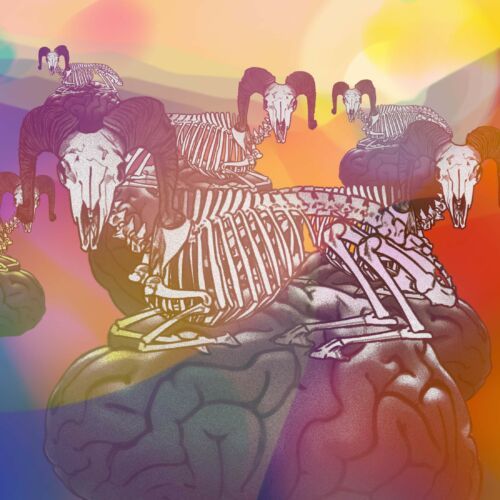Federation plans and territorial disputes in Africa
The Lesotho Parliament deliberated on a motion to return huge tracts of land from neighbouring South Africa’s Free State province and parts of four other provinces. The disputed land was historically inhabited by the Basuto, the people of the Bantu ethnic group of southern Africa, who constitute the vast majority of the Lesotho population. The proposal, politicians say, is based on a 1962 UN resolution that recognised the right to self-determination and independence of the Basuto (Basutoland) people, a dependent territory in southern Africa that was under British protectorate until 1966.
According to Algerian President Abd al-Majid Tabbun, his country’s relations with Morocco have reached “a point of no return”. The two countries broke off relations together in 2021 and have been competing over the disputed territory of Western Sahara for decades. Algeria supports the armed Polisario Front movement seeking the independence of Western Sahara, while Morocco regards the area as its own. In addition, Algeria supports Palestine and does not recognise Israel, while Morocco and Israel agreed to normalise their relations in December 2020.
A small group of activists marched from Bamako, the capital of Mali, to the capital of Burkina Faso, Ouagadougou, to express their support for creating a federation between the two West African countries. The group, which calls itself “Wanderers for African Unity”, has walked over 860km, also agitating for the future federation to be expanded to include Guinea, Senegal and Ghana. The prime ministers of Mali and Burkina Faso recently announced that they would consider the idea of a federation.

























